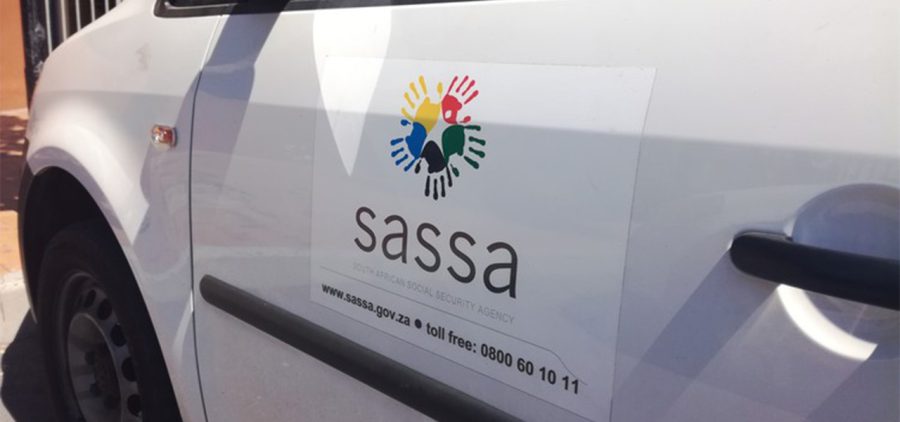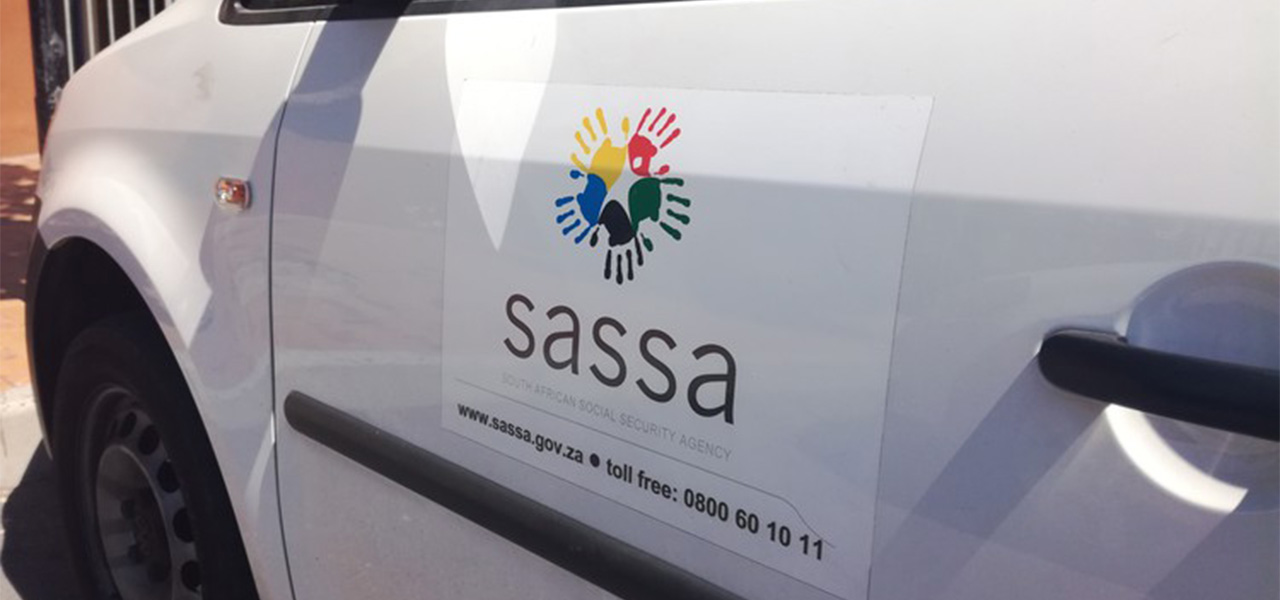
Over a million people who qualify for the R350 SASSA grant aren’t getting it
Cybercrime, problems verifying bank details, interrupted connections: on Wednesday Parliament heard a litany of reasons why payments of the R350 Social Relief of Distress grant are erratic. Between 7.4 and 7.8 million people are approved for the R350 grant. However, only 85% of them are being paid. During a parliamentary briefing on Wednesday, SASSA said […]

Cybercrime, problems verifying bank details, interrupted connections: on Wednesday Parliament heard a litany of reasons why payments of the R350 Social Relief of Distress grant are erratic.
- Between 7.4 and 7.8 million people are approved for the R350 grant. However, only 85% of them are being paid.
- During a parliamentary briefing on Wednesday, SASSA said there were problems paying all approved beneficiaries.
- The Postbank said connectivity and network challenges during payment runs had led to failed transactions at ATMs.
During a parliamentary briefing on the payment of social grants on Wednesday, Department of Social Development minister Lindiwe Zulu said on average, between 7.4 and 7.8 million people are approved every month for the R350 grant. But, she said, the proportion of people approved who actually get paid is declining, from 95% to 85%.
The DSD has a budget of R44-billion a year to pay a total of about 10.5 million people.
“Payments is one area we are still struggling with,” said Brenton Van Vrede, SASSA executive manager for grants administration. He said in November 2022, 7,806,571 people were approved of whom only 6,548,044 were paid. In December 2022, 7,851,590 beneficiaries were approved and 6,533,009 were paid. By January 2023, although 7,487,351 were approved only 6,274,486 beneficiaries were paid.
He said there were problems verifying beneficiaries’ ID numbers, bank accounts and cell phone numbers.
“Because this is a purely digital system, we have no interaction with the client, so it’s very difficult for us to determine if the person applying with the ID number is the actual person applying for the grant or if someone who has obtained that ID number fraudulently is trying to apply for a grant,” said Van Vrede
He said delays are also caused by bank verification failures. “This may be due to beneficiaries having punched the wrong number, switched a digit around, or the name and ID don’t match and the verification of the bank account fails.”
Van Vrede said they also struggled to pay beneficiaries who opted for cellphone payments, because it was “a lot more difficult” to verify that the cell number belonged to the applicant.
He said SASSA also battles to access government databases to check whether an applicant qualifies for the R350 grant. “We’ve had some challenges with the UIF databases at least twice in the last nine months where we had to work with databases that were three months old … Then when we do get the updated databases, we have to rerun all the assessments,” said Van Vrede.
Cyber attacks
Zulu said during the festive season, she had received “countless frantic calls and messages” from social grant beneficiaries across the country complaining that they could not get their grant money “due to connectivity issues and malicious cyber attacks.”
Neo Moja from Postbank’s Project Management Office said since taking over the grant payments contract from SAPO, Postbank had faced connectivity and network challenges during payment runs, leading to failed transactions at ATMs and retail outlets.
He said the problem had worsened following a decision by SAPO in October 2022 to stop the processing of grants through biometrics.
In December 2022 serious cyber attacks meant Postbank had to temporarily stop transactions at ATMs “to focus on this malicious activity”. Cybercrime experts had been brought in and a forensic investigation launched.
Zulu said a task team had been formed with representatives of the DSD, the Department of Communication and Digital Technologies, SASSA, SAPO and Postbank. “If we want to focus on this issue, we need to pull everybody into one room and be able to share what the challenges are and what we are going to do,” said Zulu.
